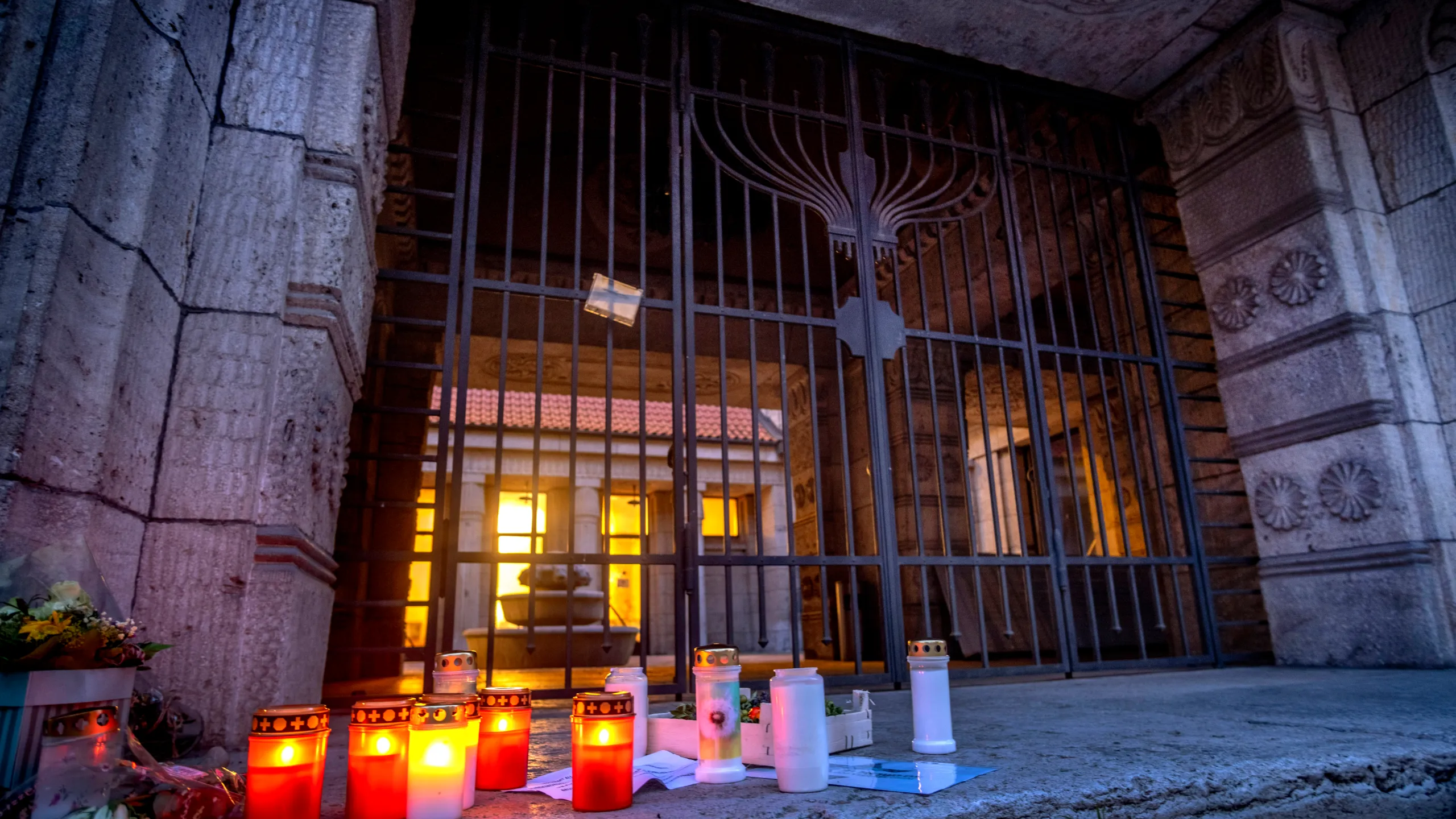
In the aftermath of the Hamas assault on Israel, Germany’s Federal Office for Combating Anti-Semitism (BKA) has recorded over 1,100 instances of anti-Semitic offenses within its borders. This surge represents a notable escalation when compared to preceding quarters. According to Tagesschau, this was a clear signal of a sharp increase in the number of incidents amid the conflict between Israel and Hamas. From the Hamas attack on October until December, the BKA recorded more than 1,100 cases of violations that were flagged as politically motivated crimes. These incidents include various forms of violations such as property damage, assault and hate speech. The BKA stressed that they carefully analyze each case and take measures to prevent similar incidents in the future.
Given these new data, it becomes clear that the сcombating anti-Semitism necessitates seven more serious and effective measures. Such crimes not only threaten the security of the Jewish community, but also undermine the foundations of democracy and tolerance in society. The response to such incidents must be unapologetic and those responsible must be brought to justice in accordance with the law. In addition, it is important to continue to educate and promote respect for cultural and religious diversity to prevent the further spread of anti-Semitism.

Exceeding the reported anti-Semitic crimes for each quarter of 2023, with over 1,100 violations, this figure starkly contrasts the previous data, as per the Federal Ministry of the Interior. The first quarter recorded 558 incidents, the second 609, and the third 540, encompassing attacks stemming from both left-wing and right-wing extremism, as well as those associated with “religious ideology” and “foreign ideology.” The more than 1,100 recorded incidents since October only account for those tied to the escalating Middle East conflict. Nonetheless, the actual total is presumed to be substantially higher.
Germany is in favor of a peaceful solution to the conflict in the Middle East
Following the terrorist attack by Hamas on October 7th, Germany has actively extended its support to Israel. Berlin has underscored its historical obligation to safeguard the Jewish populace, particularly in light of the atrocities of the Holocaust during World War II. Chancellor Olaf Scholz has reiterated Germany’s staunch backing for Israel’s right to self-defense and the safeguarding of its citizens against terrorist assaults.

He expressed deep regret for the casualties and destruction caused by this conflict and called for an end to violence and a return to dialogue to find a peaceful solution Scholz also noted that to achieve long-term peace, it is necessary to eliminate the roots of the conflict and secure a just and enduring resolution that considers the concerns of all parties. He called on the international community to join forces in supporting the resolution of the Middle East conflict grounded on the fundamentals of international law and UN resolutions. Such an agreement, according to the Chancellor, should ensure the security of all citizens of the region and create the conditions for a just and sustainable peace.
